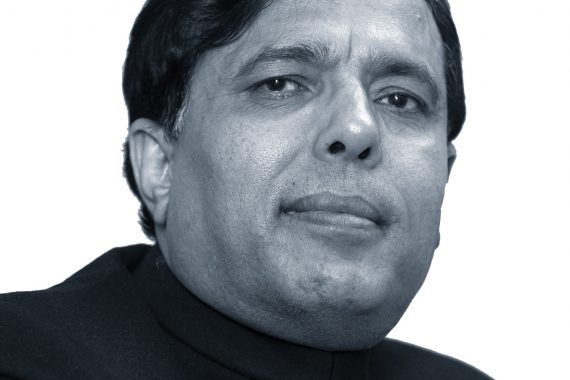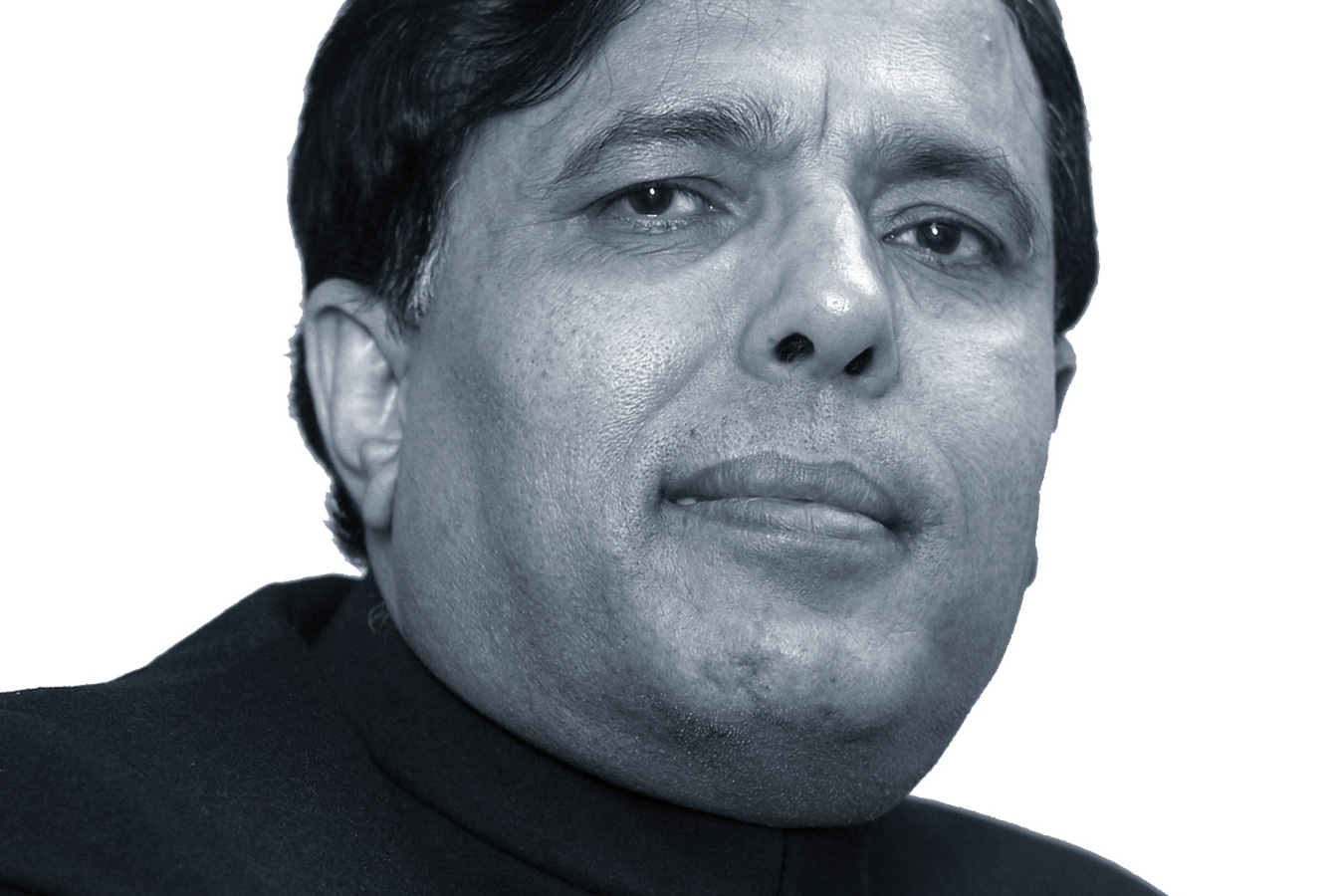Government immigration plans risk unravelling the NHS


The government’s plan to limit immigration is finally published today. We need to consider urgently the massive implications for the NHS of the proposal to implement a £30,000 salary threshold for entry to the UK.
Remember many nurses, junior doctors, physiotherapists, dietitians and radiographers earn less than £30,000 a year. Workforce is the biggest problem facing the NHS right now and our current immigration rules are already too restrictive. Nurses and GPs are the two most obvious areas for concern.
Approximately one quarter of the NHS workforce is non-British. The proportion rises to a third if we focus on doctors, including locums. And, according to figures from NHS Professionals, non-British staff also account for a significant proportion of agency staff working in the NHS – over a third of nursing shifts covered by agency staff over the past few years were worked by foreign staff on temporary visas.
The NHS survives because of them: make it harder for them to stay or more unpleasant to work here so they choose to leave and the NHS will unravel. The Government’s own impact analysis shows the policy will cut the number of healthcare professionals coming here from the EU by more than a quarter.
Existing immigration policies in the UK are completely out of sync with the demands of the NHS
We are witnessing a huge recruitment crisis in general practice in particular. Nearly every GP surgery is missing a doctor, set against an increasing GP workload due to changing health needs and policies designed to develop more primary and community-based health care. According to the BMA we need at least 10,000 GPs to meet ever increasing demand.
The health secretary’s pledge of £3.5bn extra to build up more services in the community, announced last month, is welcome. But it does not create one extra GP or nurse. Even if there is money for this plan, where are the staff to deliver it?
The existing immigration policies in the UK are completely out of sync with the demands of the NHS, especially when general practice does not even figure in the Home Office’s list of categories that are facing a workforce shortage. The home secretary needs to push for GPs to be on the migration advisory committee’s shortage occupation list, in order to make it easier to recruit from abroad.
Confirmation that the Tier 2 visa cap for skilled workers will be lifted is welcome, but GP services are still disadvantaged by the visa system because surgeries have to pay about £2,000 to sponsor a non-EEA doctor they wish to recruit. This fee needs abolishing.
Recruitment and retention in the NHS is a huge issue: with more than one in 10 clinical posts now vacant and everything from Brexit to burnout pushing the numbers in the wrong direction, the NHS desperately needs a long-term workforce strategy.
The government must vocally acknowledge the benefits to the NHS from immigration. Relaxing migration policy for the NHS would be one step in the right direction.
Dr Kailash Chand is a retired GP in Tameside











